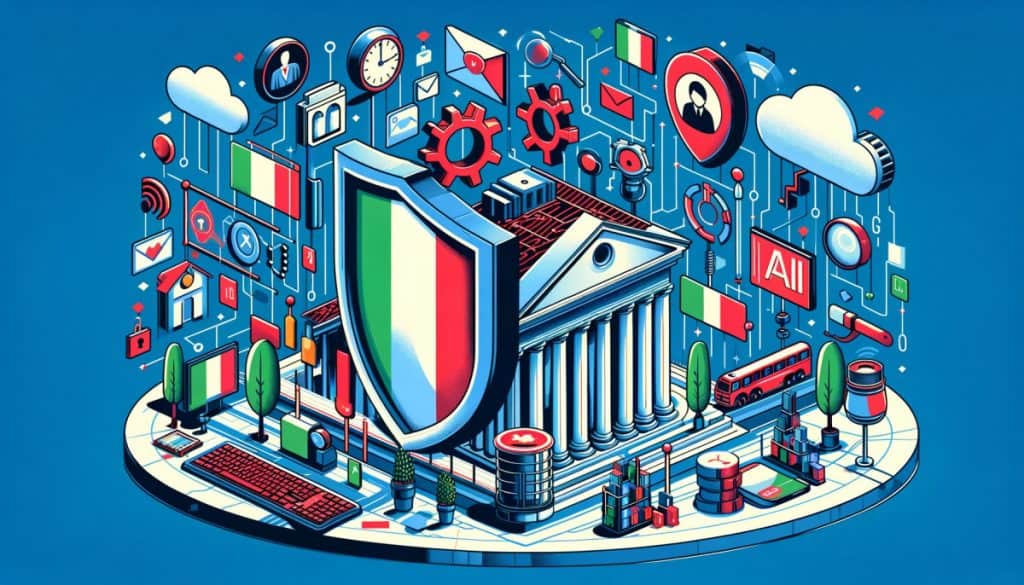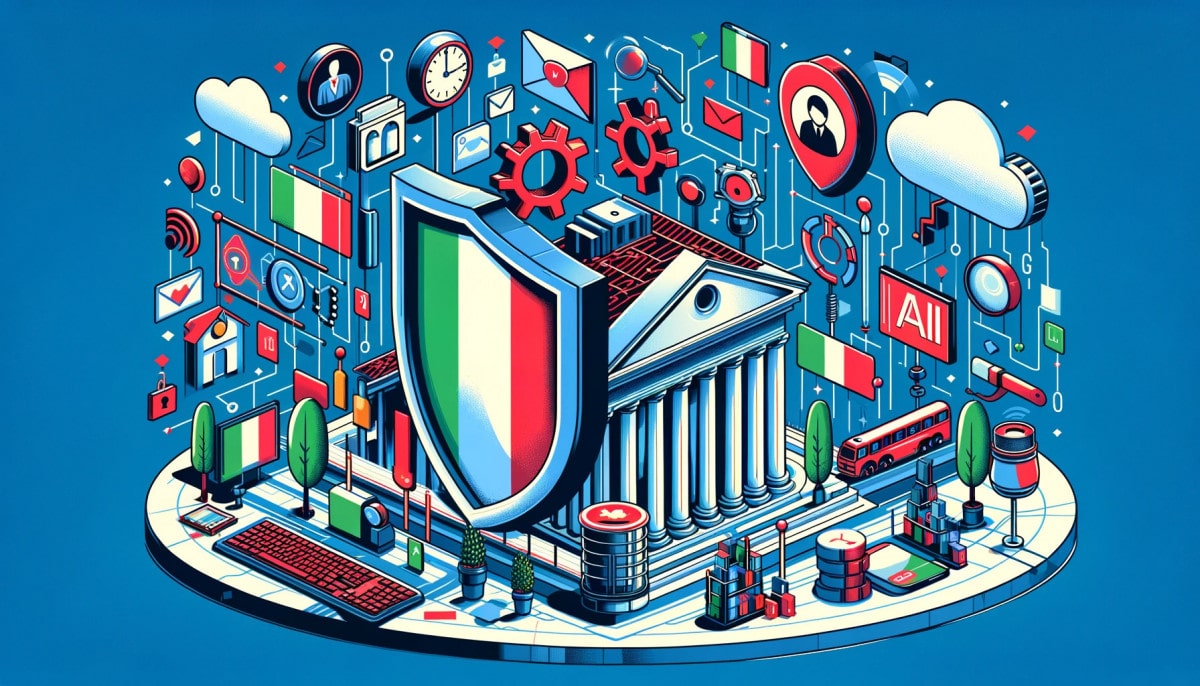[ad_1]


In Brief
Italian Data Protection Authority has initiated a investigation on the practice of collecting personal data for the training AI algorithms.

The Italian Data Protection Authority has initiated a fact-finding investigation into the practice of collecting substantial volumes of personal data online for the training of artificial intelligence algorithms. The investigation aims to evaluate whether online platforms are implementing “adequate measures” to prevent the mass collection of personal data, commonly known as data scraping, for AI algorithms.
Italy has called upon academicians, AI experts and consumer groups to participate in this fact-finding process, encouraging them to share their perspectives or comments over a 60-day period.
Upon the completion of the fact-finding investigation, the Authority retains the right to take necessary actions.
The Italian Data Protection Authority stands out as one of the most proactive among the 31 national data protection authorities in Europe, particularly in assessing AI platform compliance with the General Data Protection Regulation (GDPR), a comprehensive data privacy regime.
Earlier this year, it suspended the operation of OpenAI’s ChatGPT in Italy due to suspected violations of privacy rules.
Europe Further Plans to Regulate AI
Numerous countries are exploring ways to regulate artificial intelligence. Leading the charge, European lawmakers have drafted rules with the aim of establishing a global standard for a technology that has become integral to nearly every industry and business.
In a recent development, France, Germany, and Italy have collaborated on a joint paper outlining their agreement on artificial intelligence regulation. This agreement is anticipated to accelerate negotiations on AI regulation at the European level.
Earlier this year, the European Parliament adopted the AI Act, introducing laws that carry significant implications for developers of generative AI models, including Microsoft-backed OpenAI’s ChatGPT and Google’s Bard. This regulation marked one of the initial formal sets of rules for the technology on a global scale.
Disclaimer
In line with the Trust Project guidelines, please note that the information provided on this page is not intended to be and should not be interpreted as legal, tax, investment, financial, or any other form of advice. It is important to only invest what you can afford to lose and to seek independent financial advice if you have any doubts. For further information, we suggest referring to the terms and conditions as well as the help and support pages provided by the issuer or advertiser. MetaversePost is committed to accurate, unbiased reporting, but market conditions are subject to change without notice.
About The Author
Alisa is a reporter for the Metaverse Post. She focuses on investments, AI, metaverse, and everything related to Web3. Alisa has a degree in Business of Art and expertise in Art & Tech. She has developed her passion for journalism through writing for VCs, notable crypto projects, and engagement with scientific writing.

Alisa Davidson

Alisa is a reporter for the Metaverse Post. She focuses on investments, AI, metaverse, and everything related to Web3. Alisa has a degree in Business of Art and expertise in Art & Tech. She has developed her passion for journalism through writing for VCs, notable crypto projects, and engagement with scientific writing.
[ad_2]
Read More: mpost.io











 Bitcoin
Bitcoin  Ethereum
Ethereum  Tether
Tether  XRP
XRP  Solana
Solana  USDC
USDC  TRON
TRON  Dogecoin
Dogecoin  Lido Staked Ether
Lido Staked Ether  Cardano
Cardano  Wrapped Bitcoin
Wrapped Bitcoin  Hyperliquid
Hyperliquid  Wrapped stETH
Wrapped stETH  Bitcoin Cash
Bitcoin Cash  Sui
Sui  LEO Token
LEO Token  Chainlink
Chainlink  Stellar
Stellar  USDS
USDS  Avalanche
Avalanche  Toncoin
Toncoin  WhiteBIT Coin
WhiteBIT Coin  Shiba Inu
Shiba Inu  Binance Bridged USDT (BNB Smart Chain)
Binance Bridged USDT (BNB Smart Chain)  Litecoin
Litecoin  WETH
WETH  Wrapped eETH
Wrapped eETH  Hedera
Hedera  Monero
Monero  Ethena USDe
Ethena USDe  Polkadot
Polkadot  Bitget Token
Bitget Token  Coinbase Wrapped BTC
Coinbase Wrapped BTC  Pepe
Pepe  Uniswap
Uniswap  Pi Network
Pi Network  Dai
Dai  Aave
Aave  Ethena Staked USDe
Ethena Staked USDe  OKB
OKB  BlackRock USD Institutional Digital Liquidity Fund
BlackRock USD Institutional Digital Liquidity Fund  Bittensor
Bittensor  Aptos
Aptos  Cronos
Cronos  sUSDS
sUSDS  Internet Computer
Internet Computer  Jito Staked SOL
Jito Staked SOL  NEAR Protocol
NEAR Protocol  Ethereum Classic
Ethereum Classic